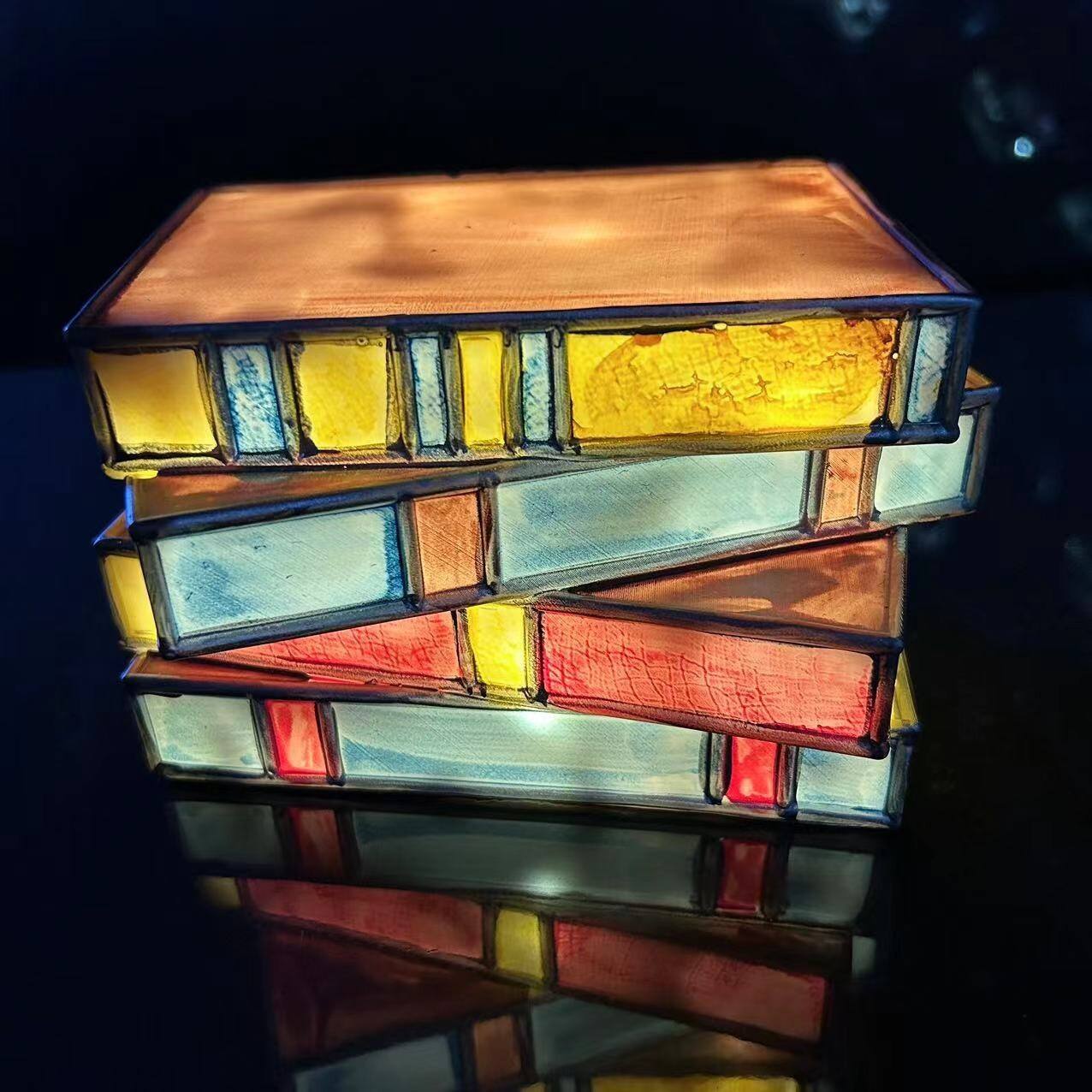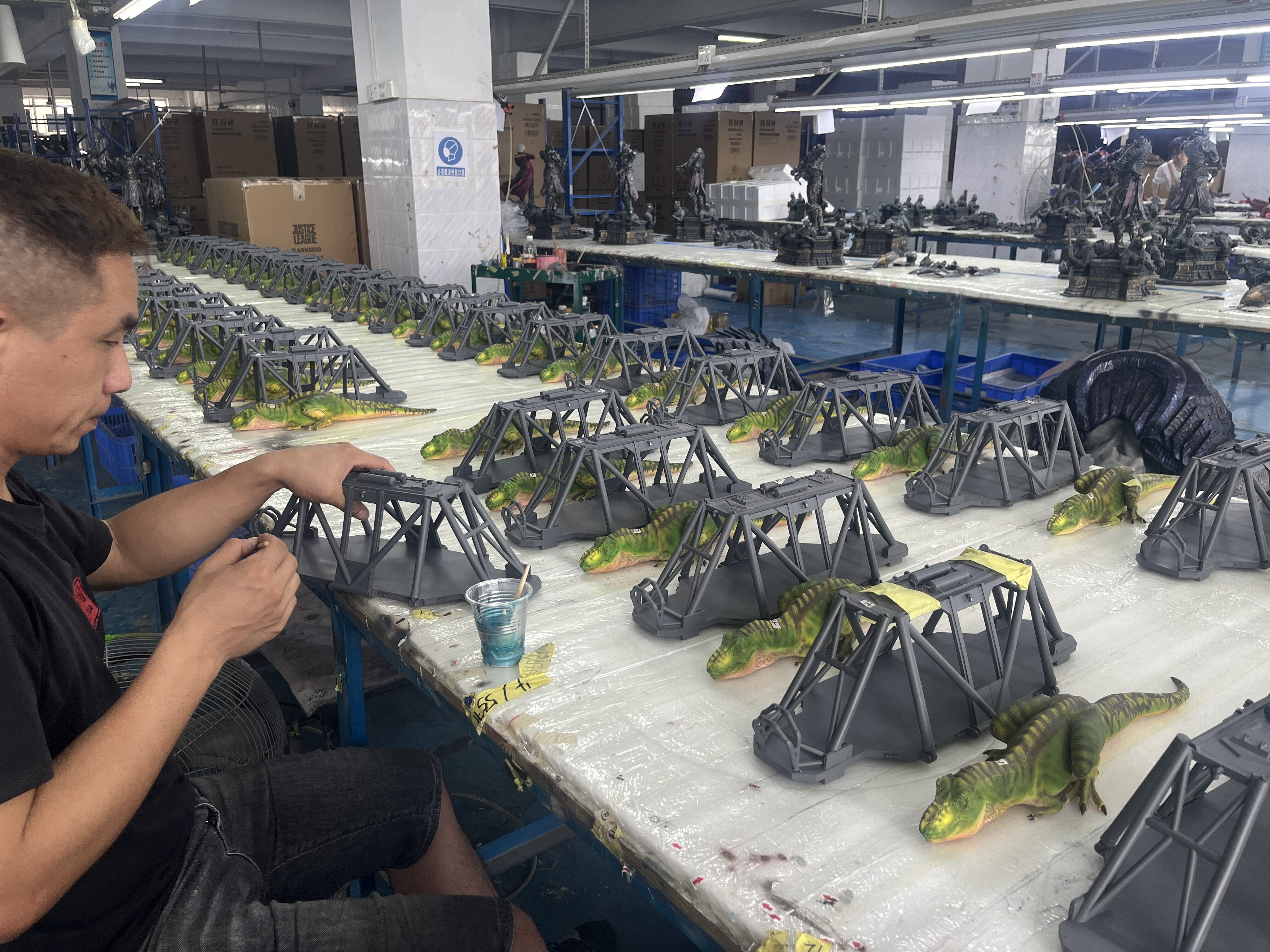fabbrica di progetti artigianali in resina epossidica
Una fabbrica di progetti artigianali in resina epossidica rappresenta un'unità produttiva specializzata progettata per realizzare oggetti artistici e funzionali di alta qualità a base di resina, mediante avanzate tecniche di stampaggio, colatura e rifinitura. Questo tipo di fabbrica per progetti artigianali in epossidico funge da centro produttivo completo in cui le materie prime epossidiche vengono trasformate in splendidi oggetti decorativi, gioielli, componenti d'arredo, nonché creazioni artistiche personalizzate. Le funzioni principali di una fabbrica di progetti artigianali in resina epossidica comprendono la preparazione dei materiali, il dosaggio preciso tra resine e indurenti, l'integrazione del colore, la preparazione degli stampi, le operazioni di colatura, i processi di polimerizzazione e le fasi finali di trattamento superficiale. Le strutture moderne integrano sistemi avanzati di controllo della temperatura, camere di regolazione dell'umidità e reti specializzate di ventilazione per garantire condizioni ottimali di lavoro durante tutto il ciclo produttivo. Le caratteristiche tecnologiche di una moderna fabbrica di progetti artigianali in epossidico includono sistemi automatizzati per il dosaggio accurato tra resina e indurente, forni programmabili con profili termici precisi, camere sottovuoto per eliminare le bolle d'aria e apparecchiature avanzate per il mescolamento che assicurano una distribuzione uniforme del colore. Stazioni di controllo qualità dotate di strumenti digitali di misurazione e attrezzature per l'analisi superficiale garantiscono standard produttivi costanti. Le applicazioni dei prodotti realizzati in una fabbrica di progetti artigianali in epossidico interessano diversi settori, tra cui arredamento domestico, produzione di gioielli, accessori automotive, componenti marini, elementi architettonici e installazioni artistiche su misura. Tali impianti possono produrre tavoli con effetto fiume, ciotole decorative, lampade a pendente, sottobicchieri, pannelli artistici murali, gioielli, custodie per telefoni e innumerevoli altri articoli. La versatilità dei materiali epossidici consente alle fabbriche di creare sia pezzi trasparenti e cristallini sia oggetti opachi colorati, con inclusioni come fiori, metalli o materiali organici. Le considerazioni ambientali rivestono un ruolo fondamentale nelle odierne operazioni delle fabbriche di progetti artigianali in resina epossidica, con numerose strutture che implementano protocolli di riduzione dei rifiuti, sistemi di recupero dei solventi e processi di polimerizzazione energeticamente efficienti, al fine di minimizzare l'impatto ambientale pur mantenendo elevati standard di efficienza produttiva e qualità del prodotto.










